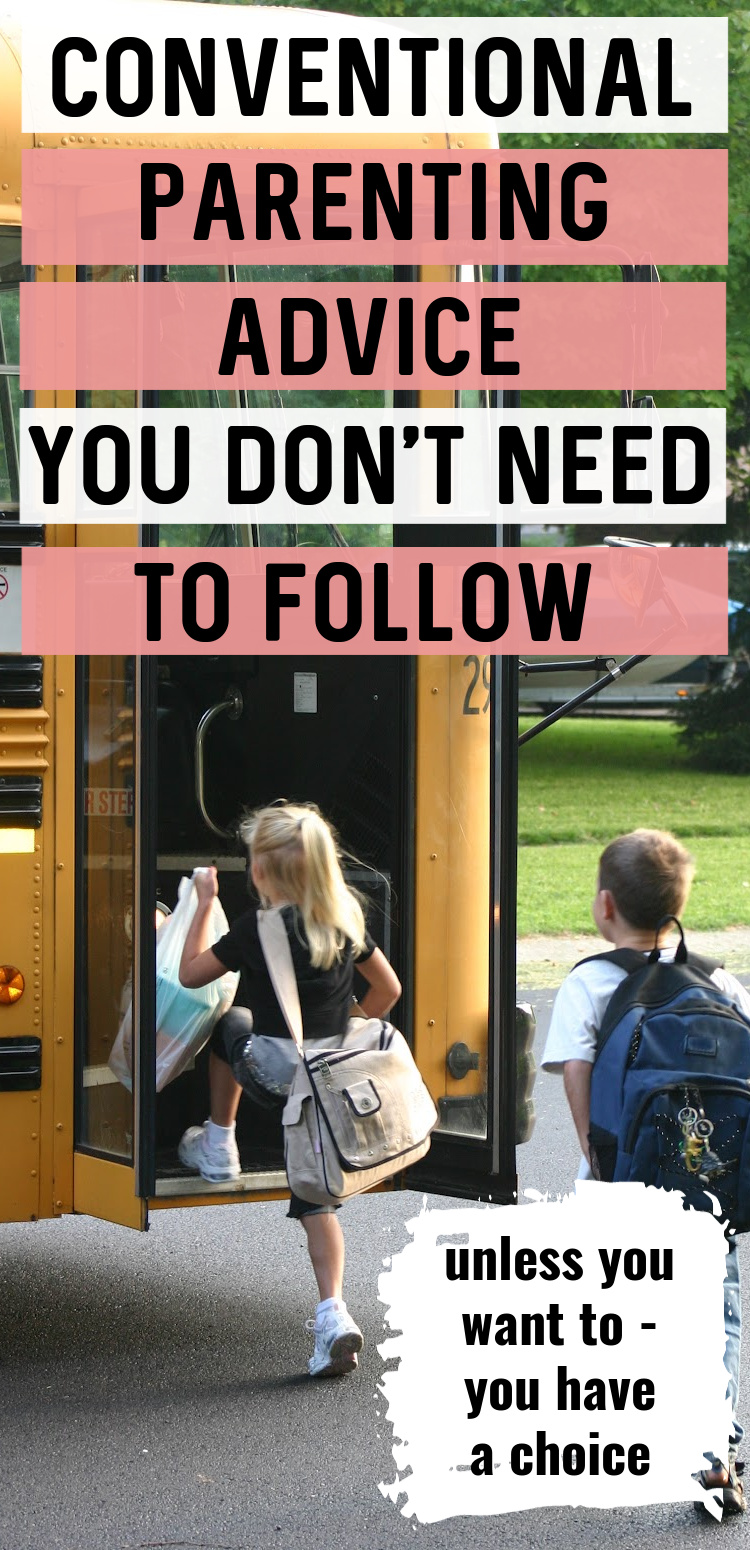Inside: The voices of conventional parenting can be really loud, and often a little scary. They have a lot of do’s and do not’s and demand conformity. In reality? You have a lot more freedom to listen to your parenting intuition than you realize.
Parenting today is NOT for the faint of heart. We have access to SO much information – an overwhelming amount of information – and does it make us feel better? More confident? Not really.
And because we are much more isolated as parents than previous generations (village? what’s that?), we often flock to social media to share all of our parenting moments: the good, the bad and the ugly.
Do we get connection for our efforts? Sometimes. But it often comes with a heaping side of extremely negative comments.
Especially when your parenting style is not mainstream, everyone – parents, non-parents, experts – rushes to tell you what you’re doing wrong, what you need to do better, and how you’re potentially ruining your child forever.
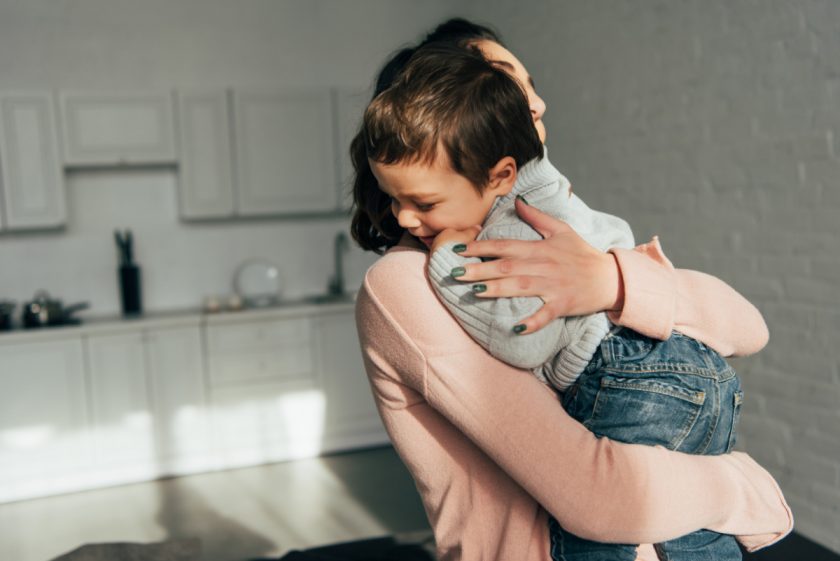
Mainstream Parenting Practices You Can Opt Out Of
This post probably contains affiliate links, which means I may earn a commission if you make a purchase through those links. As an Amazon Associate, I earn from qualifying purchases. You can find our full disclosure HERE.
All that negativity and judgment can definitely make you doubt your parenting choices.
Maybe you shouldn’t be breastfeeding your 2-year-old, or letting your child ditch her shoes at the park. Maybe homeschooling really will ruin your child’s chances of becoming a successful adult.
In reality, all of these choices are legitimate options…if you’re willing to endure the critics. Making non-mainstream parenting choices takes a whole lot of courage and strong conviction, but it can be done.
You know what helps? Knowing there are other parents out there also making unconventional choices, listening to their mama intuition and parenting off the beaten path.
This list is just a few of the things we’ve chosen to do differently, and the reasoning behind each choice. You might not be making all of the same choices on this list. Maybe you go with some conventional choices and some not, and that’s o.k.
But it is my sincere hope that this list gives you the courage to choose even one thing for your family that goes against conventional parenting advice, if your gut is telling you to do so.
Consider this your permission to listen to that quiet mom intuition and silence the critics, at least for a little while.
Related: What Is Respectful Parenting? A Refreshingly Radical Philosophy
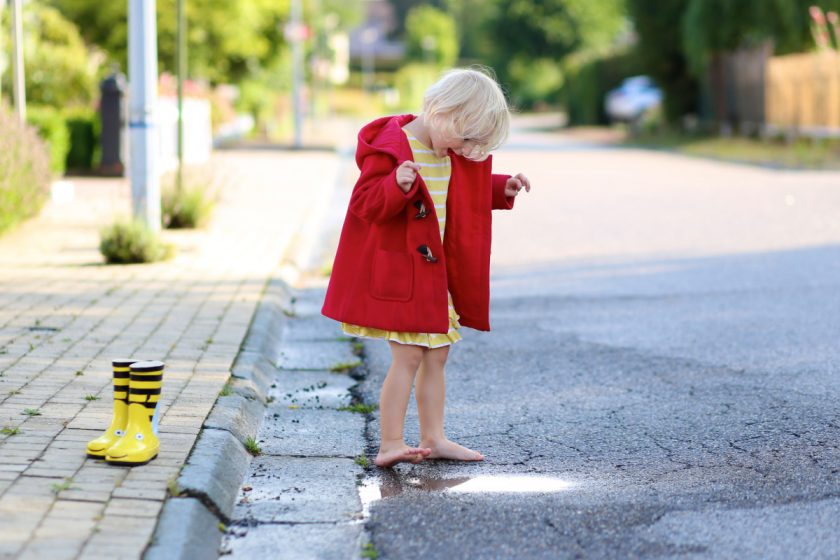
1. Requiring Shoes Outside the House – Always
I’ll start with the least controversial one (I think?) just for fun.
I was always that parent at the park. You know the one: the one who allows their child to take their shoes off.
I could almost hear the silent groans, and I could definitely feel the annoyed glares from other parents.
Why? Because naturally, their child sees your child with no shoes on and wants to do the same. Then that parent is forced to say, “No, you need to keep your shoes on.”
Rarely, if we are outside of our own yard, I will encourage my child to keep shoes on, depending on the environment. But even when we lived in cities, unless I saw multiple pieces of glass everywhere, I let them take their shoes off if they wanted to (and they did 99% of the time).
Did they very occasionally get something in their foot? Yes. Do they get splinters? Yep.
But the occasional splinter doesn’t make them less likely to shed their shoes at the park as soon as we get there. They prefer no shoes, and that’s enough for me.
To me, protecting my children’s bodily autonomy is more important than guarding against a hypothetical future nuisance like a splinter.
Fascinating fact about shoes: did you know that wearing shoes all the time can actually be harmful to child development? It’s something to consider, but each parent needs to assess their own tolerance for risk and find their own personal balance.
Related: Low Demand Parenting Made Parenting Joyful Again – Here’s 7 Demands We Dropped
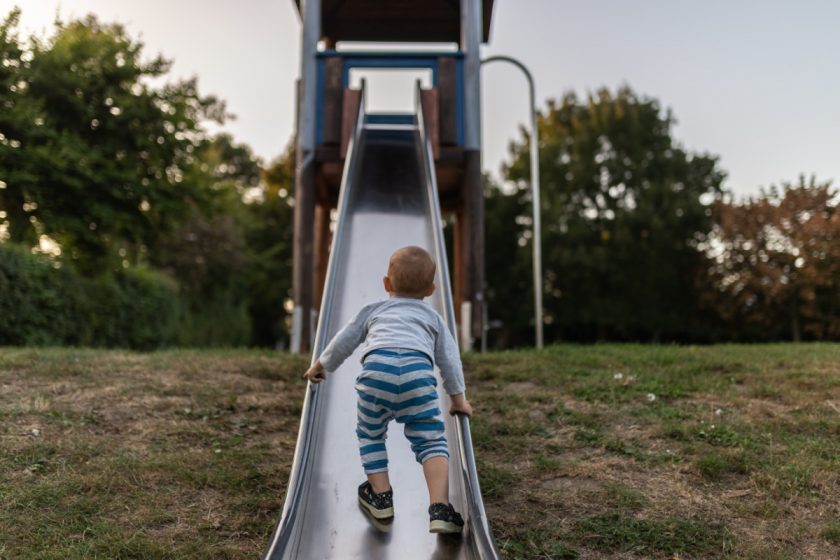
2. Serving As The Unofficial Playground Police
Speaking of playgrounds and parks, I refuse to be the helicopter parent policing play. Unless my child is being physically hurt by another child, I hang back, observe and read a book.
So often I overhear other parents saying things like…
- “The slide is for going down, not for going up.”
- “Don’t climb on top of the slide. It’s too dangerous.”
- “Don’t get on top of the monkey bars.”
- “Swings shouldn’t be used that way.”
- “Stop pulling on the tree branches.”
And this isn’t always directed to just their child, but to all the children at the park that day.
Part of me gets it. They want to keep kids safe, and they want to teach their kids how to play properly. There is some merit to this, and teaching common courtesy is definitely important.
If my child wants to go up the slide, but the rest of the children are in line to go down the slide, my child needs to learn to wait her turn to play with the slide the way she wants to play with it.
The playground is a public space, and public spaces do require relinquishing the freedom to do whatever you want.
But for me, playgrounds are one of the few places where kids should be free to play with little to no adult interference.
Adults already control their clubs, their sports, their sleep, their eating, their behavior, their learning. Adult-free play is crucial to child development, but the places where children are free to do so are rapidly disappearing.
Children also need to be able to risk, to test their abilities, to learn to trust their gut instinct of whether or not they are ready to climb to that height in a tree or jump long distances from one rock to another.
But adults constantly stop them from doing these things. And then, we wonder why kids don’t want to play outdoors anymore.
Society likes to blame screens, and by naturally, the parents for not policing said screens. Maybe that’s a portion of it, but in my opinion, a deeper issue is how adults view and interact with children today.
Most adults believe that children cannot be trusted at all and need constant supervision to keep them safe (from other adults, other children, scary dangers, and from themselves). They also believe that children need adults to direct their play.
Psychologist and author Peter Gray says it this way:
“One of the crucial defining characteristics of play is that is directed by the children or players themselves. It’s self-directed. Adult-directed games like sports, or activities in school where a teacher is telling children what to do, is not play by my definition.”
Peter Gray, The Genius of Play
I take my kids to the playground in the hopes that they will find other kids to play with, and let them make up their own games as they will. I hope for a few minutes of peace on a bench to read a book or gasp, use my smartphone, or think interrupted thoughts.
Will I get up if my child needs me or is hurting another child? Absolutely.
Do I voluntarily get up to insert myself into their play? Nope.
Related: 5 Reasons Not To Do The 1000 Hours Outside Challenge
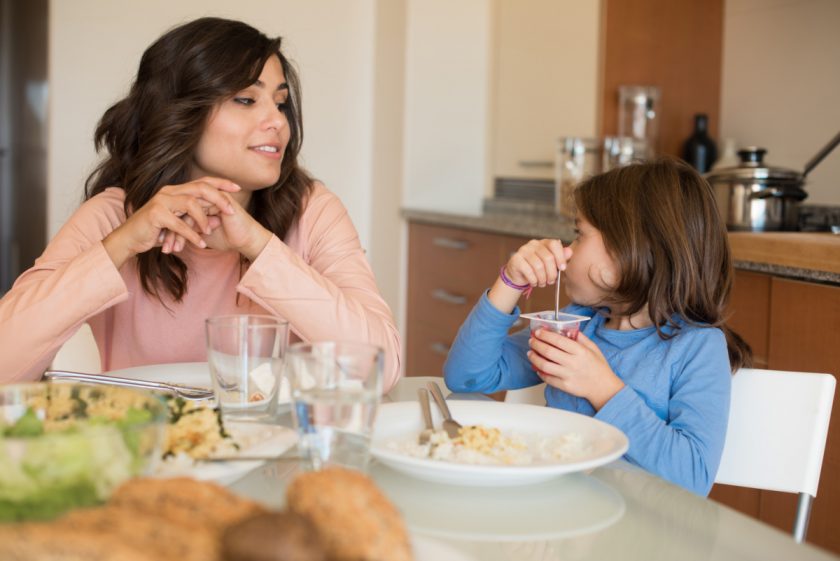
3. Family Dinner Every Night
When I was in public school, I always preferred sitting on my own at lunch, reading a book instead of interacting with people.
I’d just been in class with them for three hours. Surely I deserved a break from conversation, right?
I’m still an introvert, and my husband is, too. We are both increasingly sensitive to noise as the day goes on. Because we both work from home and homeschool, we interact with people pretty much all day loud.
And our kids, God bless them, are LOUD, y’all. They take loud to the next level.
So we don’t do family dinner every night. Scandalous, right?
We have family dinner maybe once or twice a week? And even then, it’s not always dinner that’s the meal around the table. More often, it’s waffles on a Sunday morning. Sometimes it’s one parent and one or two children at lunch (one on one is the best).
I imagine when I have teenagers all going in different directions, I will value family dinners more highly. And when the time comes, we can figure that out as a family.
The truth is, this ritual has never been about family dinner; it’s about connection. Every family needs to figure out ways to connect regularly that work for their unique family, and make it happen.
You Might Also Like: Not Your Average Advice for the Introverted Homeschool Mom
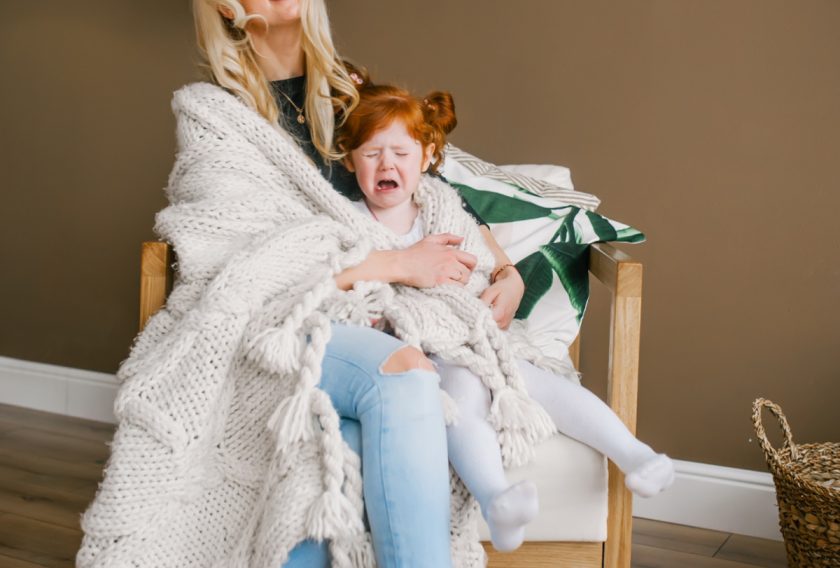
4. Using Spanking As a Discipline Tool
While this is becoming less mainstream (I hope), I know there are a number of parents who still see spanking as a necessary and justified parenting tool.
My first 3-4 years of parenting were spent spanking because I thought it was the only way. I hated parenting, and I regret every single time I spanked my kids and told them I did it because I loved them.
One day, I was holding my third baby and realized I didn’t want him to grow up because I would need to start spanking him. That’s the day I decided no more.
It took me a long time to learn other ways to handle misbehavior without spanking, but it was so worth the effort.
“Some 50 years ago…doctors thought ‘wife beating’ was therapeutic” (source)…I hope that 50 years from now, spanking will be also be a thing of the past.
Related: 7 Secrets to Surviving the Terrible Twos (they don’t need to be terrible)
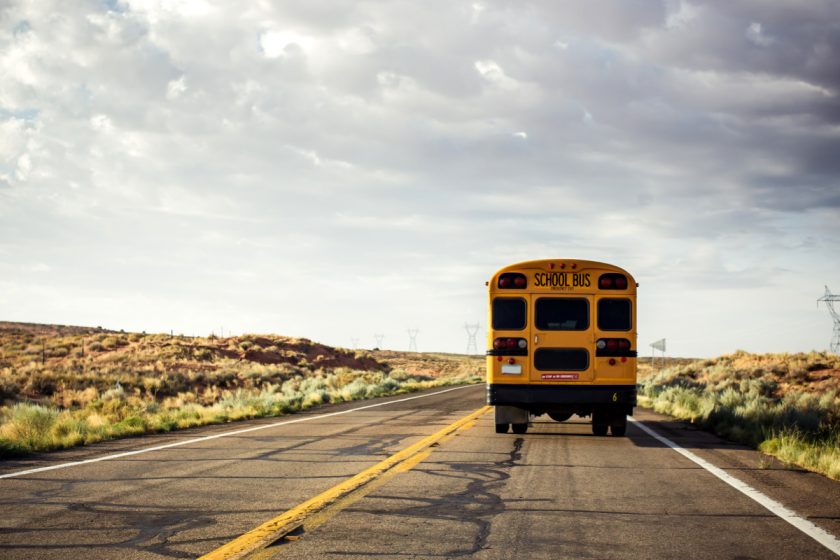
5. Sending Your Kids to School
A good portion of this website is dedicated to homeschooling.
We don’t believe school is the best choice for our children. Although if they asked to go to school one day, we would be open to letting them try it out because we honor their opinions, thoughts and feelings.
But when you have the freedom to pursue your own passions and interests, to learn the essentials in a context that’s relevant to you, to set your own schedule based on your own natural rhythms, I’m not sure why you would choose traditional school?
Socialization maybe? From time to time, my kids have tried other school-like activities with tons of adult structure. They thought they might have a shot at making friends there.
They decided, in my daughter’s own words, “There’s no time to talk to other kids, mom. I can’t make friends when there’s no time to make friends.” To which I sigh and say, “Yeah, I know.”
We choose instead to invest in friendships at park meet-ups with other homeschoolers where play – not adult-directed activities.
What about needing to fit in the real world? I’m not worried because already live in the real world. We go to the grocery store, the library, museums, the park. To us, school isn’t the real world.
If you choose school, that’s more than o.k.! It’s just not for us.
Related: 24 Benefits of Homeschooling Your Kids (from a reluctant homeschooler)
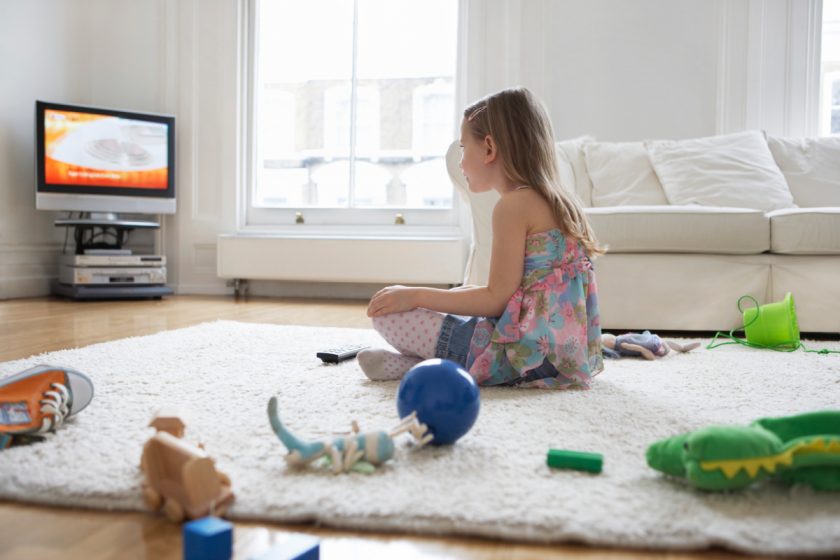
6. Enforcing Strict Screen Time Limits
I wrote what feels like a book on why we stopped limiting screen time and the reasons why.
The short version? I believe that learning is happening all the time and that you cannot separate educational from non-educational screen time (the same is true for every other activity). That meant throwing out arbitrary rules like, “You can have as much screen time as you want if it’s ‘educational’.”
While I’m sure there are exceptions, I believe most kids can develop a natural sense for how much is enough, for knowing what their passions are and using screens to develop those passions.
And let me tell you, so.much.learning in our homeschool involves screens.
When they want to know how to do something? They google it or find a Youtube video to teach them.
They use role playing games to practice things like using money. They learn from documentaries and their favorite shows. They learn foreign languages on apps.
I can’t imagine homeschooling before the invention of the internet and iPads! Maybe especially because we homeschool, strict and arbitrary screen time limits don’t work for our family.
Related: The Case for Unlimited Screen Time (from a recovering control freak)
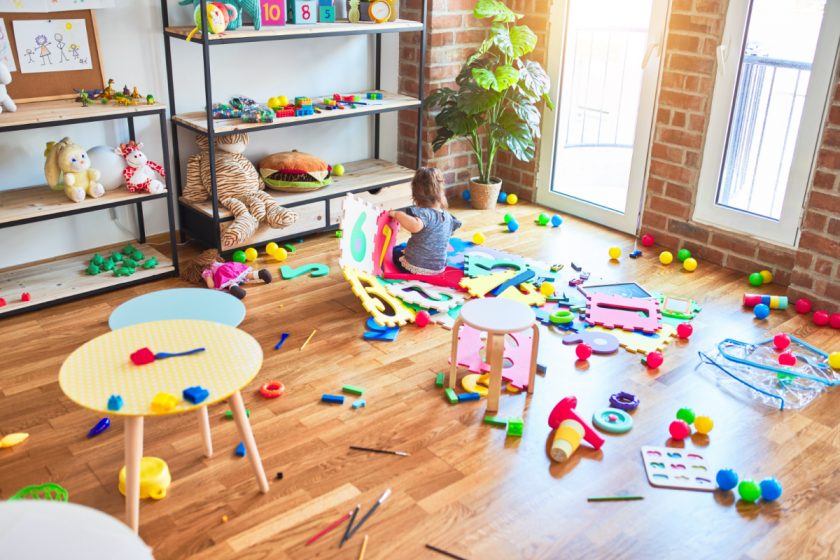
7. Filling Our Home With Stuff Because: Kids
Finally, we decided to declutter and simplify our stuff because we had kids. I was spending way too much time cleaning and organizing and tidying, and so were my kids.
We give one individual gift each at Christmas, along with a small selection of group gifts. Each child usually gets one quality birthday gift (we just gave our 3-year-old a mini indoor trampoline).
Don’t worry, grandparents give them gifts, too. And wasn’t it not that long ago that one nice Christmas or birthday gift was amazing? I’m sure it still is for some families.
We don’t go shopping recreationally. Our kids have capsule wardrobes. We have a modest, minimalist toy collection.
For our family, stuff equals more fighting, more cleaning, more time maintaining and more anxiety all around. So we limit the amount of stuff that comes into our home.
You Might Also Like: 10 Benefits of Becoming a Minimalist Mom

Choosing Empathy and Kindness, Not Judgment
If you land on a different side of any of these choices, please be kind. Honestly, most of us have heard the reasoning behind all of the mainstream choices. Why? Because they’re mainstream.
For parents currently making any unconventional choices, try to remember that hurtful, negative comments often come from those who are uncomfortable because of your choices.
Maybe they want to make the same choices, but they are too afraid of the social backlash. Or maybe they are legitimately trying to protect your children from potential harm.
If you’re confident in your parenting choices, awesome! If you’re not, know that you have permission to question your choices and make new ones, to say you’ve outgrown one parenting style and move on to a new one.
I used to parent very differently than I do today. I wasn’t happy; my kids weren’t happy.
So I asked hard questions, read more respectful parenting books than I can count, made a lot of mistakes and changed my parenting style.
To all the parents out there who are choosing unconventional paths: I see you because I am you. Keep going! The path less traveled is worth it.
“It is hard to swim against the current and risk the negative judgments or parenting peers. Yet, some do, and if enough begin to swim upstream, the river may change its flow.”
Peter Gray, Free to Learn
Read Next: Why I Don’t Make My Bed (& Scientists Support Me)
